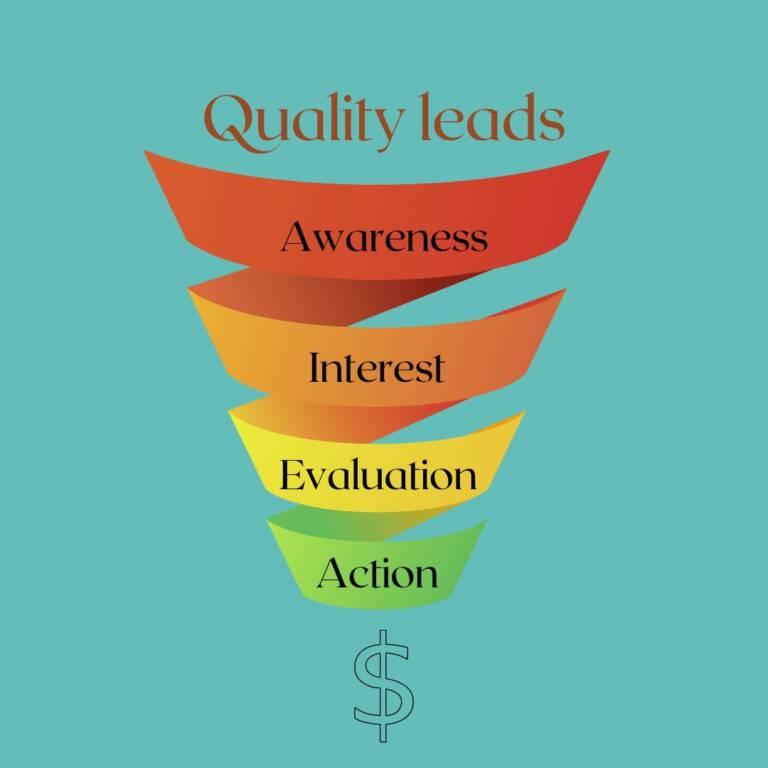What is digital marketing exactly?
In simple terms, digital marketing refers to the use of digital channels such as websites, social media, email, search engines, and mobile apps to promote a brand, product, or service. It involves utilizing various online platforms to reach a targeted audience and increase brand awareness, engagement, and conversions. Digital marketing strategies can include everything from search engine optimization (SEO) and email marketing to social media advertising and content marketing. With the rise of the internet and the increasing number of consumers turning to online channels, digital marketing has become a crucial component of any successful marketing campaign.
The 5 Skills You Need To Master
1. Copywriting
Copywriting is not just about stringing words together to create a sentence. It is an art form that requires creativity, strategy, and persuasive techniques. A good copywriter knows how to write compelling copy that can capture the reader’s attention and persuade them to take action. Whether it be creating effective headlines, developing brand messaging, or crafting compelling product descriptions, skilled copywriting has the ability to make a brand stand out in a noisy digital landscape. Therefore, investing in high-quality copywriting services can be a game-changer for any business seeking to establish a strong online presence and connect with its customers effectively.
2. Funnel Building
Funnel building is a crucial aspect of modern marketing strategies. Creating effective funnels helps businesses in generating more leads, nurturing them, and converting them into customers. As the purchase decision-making process becomes more complex and buyers become more sophisticated, businesses need to ensure that their funnels cater to the needs of their audience. Crafting a successful funnel requires a deep understanding of the target audience and their pain points, creating compelling content that resonates with them, and having a clearly defined and optimized funnel strategy. By implementing a successful funnel building strategy, businesses can streamline their sales process, increase their ROI, and gain a competitive edge in their industry.

3. Budget Management
Budget management is a crucial aspect of any business operation, as it helps in maintaining financial stability and achieving business goals. Keeping a check on expenses and analyzing revenue streams is the only way to make informed financial decisions for the organization. The key to effective budget management is to create a detailed budget plan by keeping a record of all the expenses, including overheads, salaries, inventory, and marketing expenses. Once the budget plan is in place, it is vital to monitor it regularly and make necessary adjustments to ensure that the organization is working within its financial means. By leveraging technology and partnering with financial professionals, businesses can stay competitive and achieve long-term financial sustainability with disciplined and proactive budget management.

4. Metric Tracking and Analytics
Metric tracking and analytics are the backbone of a successful marketing strategy. By keeping track of key performance indicators (KPIs) such as website traffic, engagement rates, and conversion rates, businesses can make informed decisions about their marketing efforts. Analytics can provide insights into what is working and what is not, enabling businesses to optimize their campaigns and target their audience more effectively. Without tracking metrics, businesses would be essentially flying blind, making assumptions about what is effective rather than using concrete data to drive their decision-making. In today’s digital age, data-driven marketing is not just a nice-to-have but a necessity for any organization seeking to stay competitive.

5. Customer Research
Understanding the needs, preferences, and pain points of your target audience is essential in developing products or services that truly meet their expectations. Conducting thorough customer research enables you to gain valuable insights, such as their buying habits, decision-making processes, and feedback on your current offerings. By gathering this information, you can identify areas for improvement develops new products or services that meet customer needs, and ultimately, increase customer satisfaction and loyalty. Whether you are just starting off or looking to improve your existing business, investing time and resources into customer research is vital for sustained success.




